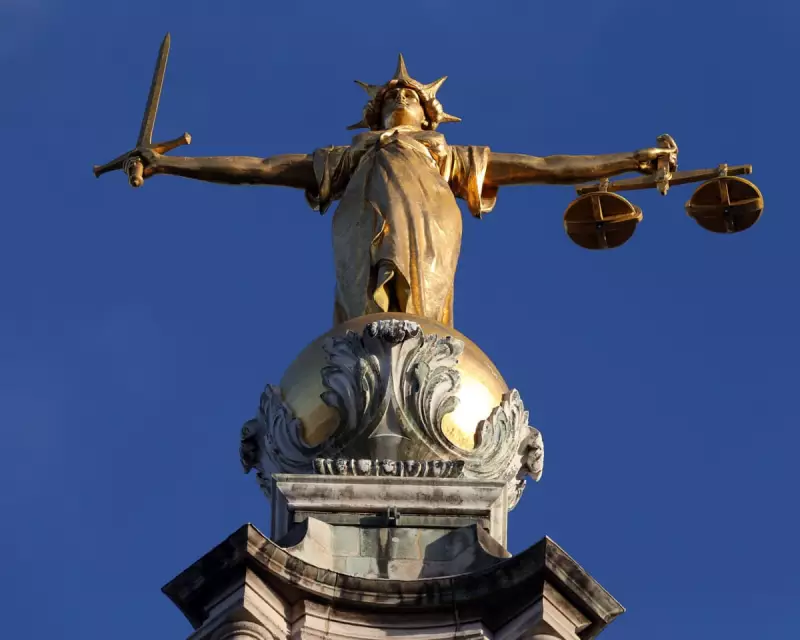
The Crisis in Britain's Courtrooms
Britain's justice system is facing what experts describe as potential total system collapse, with criminal courts in England and Wales grappling with an almost 80,000-case backlog. Some hearings have been postponed as far ahead as 2029, while rape cases now face two-year delays, leading to twice as many complainants withdrawing compared to five years ago.
Lammy's Radical Proposal
Justice Secretary David Lammy has put forward controversial plans to confine jury trials to extreme crimes such as rape, manslaughter and murder, with most other cases defaulting to a single judge. This proposal comes as Britain's prison population threatens to break the 100,000 barrier - double its size in the 1990s. Alarmingly, a fifth of cells contain remand prisoners spending months awaiting trial, creating what critics call a parody of justice.
The Leveson review of criminal courts earlier this year warned of imminent system failure, with former judge Brian Leveson proposing that most trials go before a judge with two magistrates in attendance. This approach mirrors developments in the United States, where 98% of criminal cases are now settled through informal out-of-court negotiations with prosecutors.
The International Perspective
Britain's attachment to jury trials stands in stark contrast to most European nations. Almost no other European country uses juries except sometimes in exceptional cases, with most employing judges and examining magistrates instead. The statistics reveal telling differences: England and Wales imprisons 145 citizens per 100,000, while jury-free Germany imprisons 71, and the Netherlands and Norway just 54.
As one Guardian columnist who has served on three juries notes: What should take two or three hours would take two or three days. The experience revealed courts hearing arguments of extreme guilt against extreme innocence with little discussion of mitigation, previous records or background circumstances.
The legal profession remains divided, with barristers fiercely defending juries in media campaigns. As one observer commented: The only people who love juries are barristers... juries are their audience and their bread and butter. Meanwhile, the division between solicitors and barristers continues to be described as costly and archaic.
With the justice system at breaking point, the debate over jury trials represents a fundamental question about the future of British justice - whether to preserve traditional methods or embrace reform to ensure timely justice for all.





